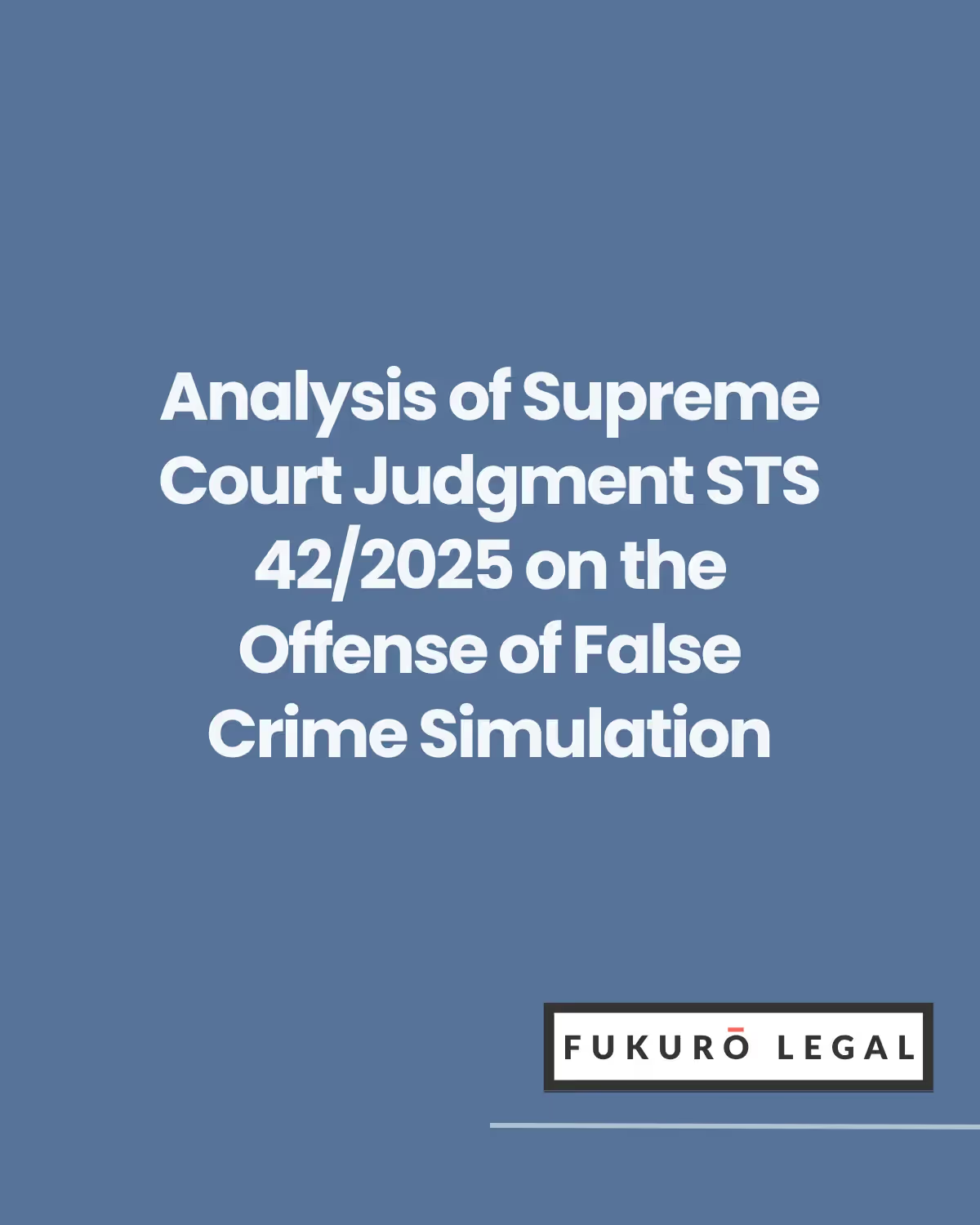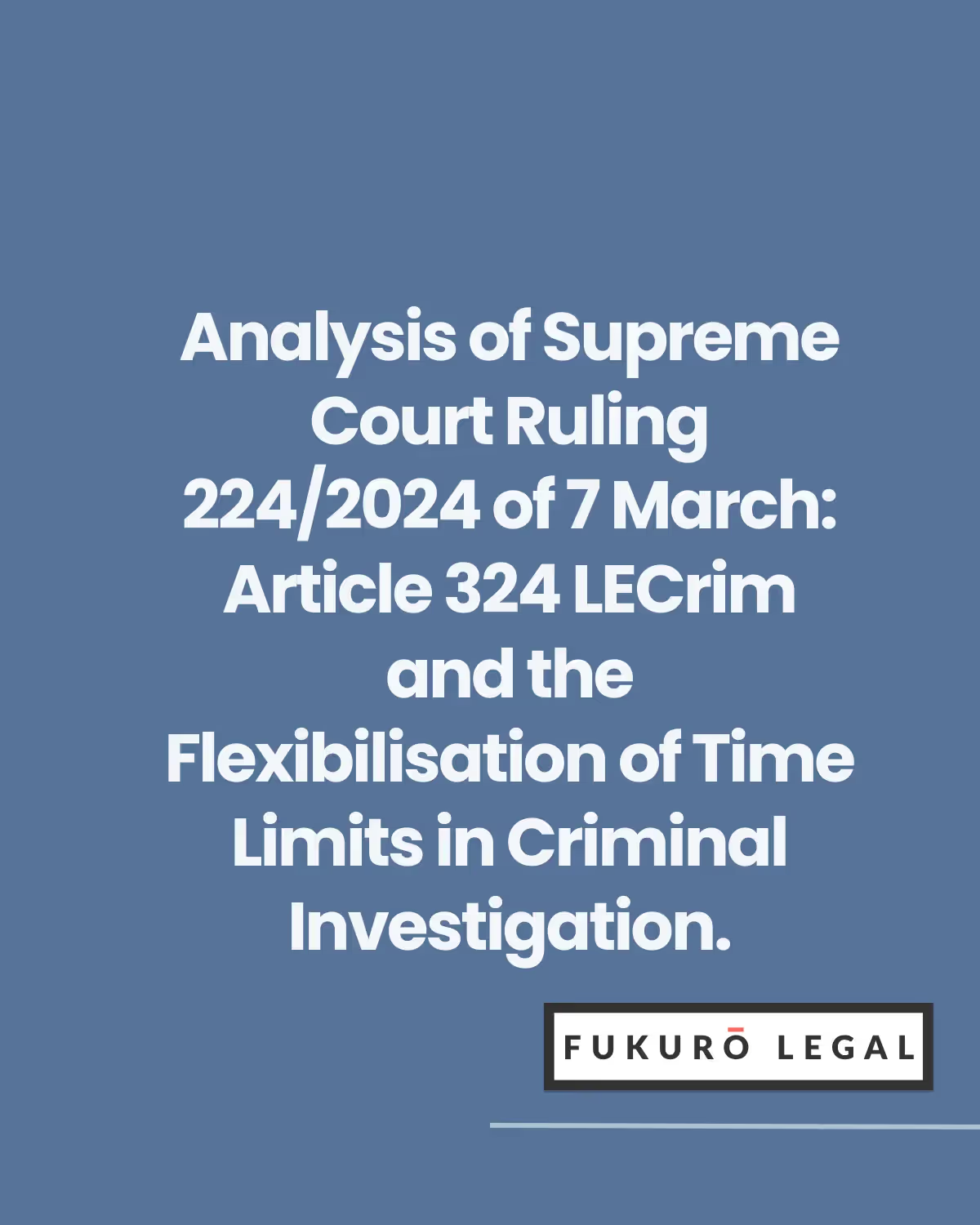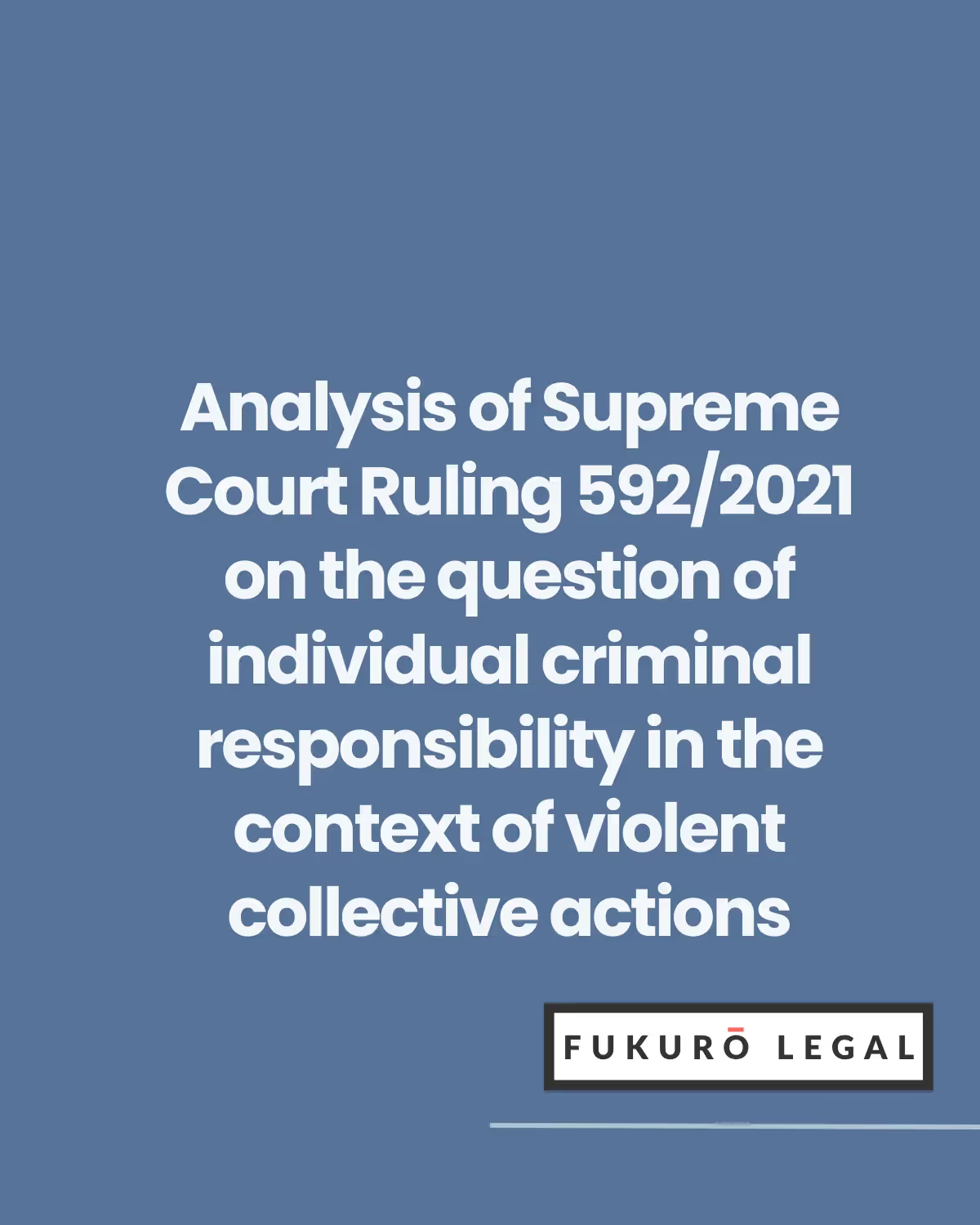Einblicke und Neuigkeiten zum Strafrecht
Danke! Deine Einreichung ist eingegangen!
Hoppla! Beim Absenden des Formulars ist etwas schief gelaufen.
Empfohlene Rechtsanwaltskanzlei
Unser Team von erfahrenen Anwälten setzt sich für die Wahrung Ihrer Interessen ein. Wir bieten strategische Rechtsberatung und Verteidigung in komplexen Fällen auf internationaler Ebene und gewährleisten Vertraulichkeit und ein starkes Engagement für jeden Mandanten.

Kontaktiere uns
Kontaktieren Sie unsere Strafverteidiger. Die Firma bietet in jeder Notsituation sofortige Maßnahmen.
Hoppla! Beim Absenden des Formulars ist etwas schief gelaufen.









